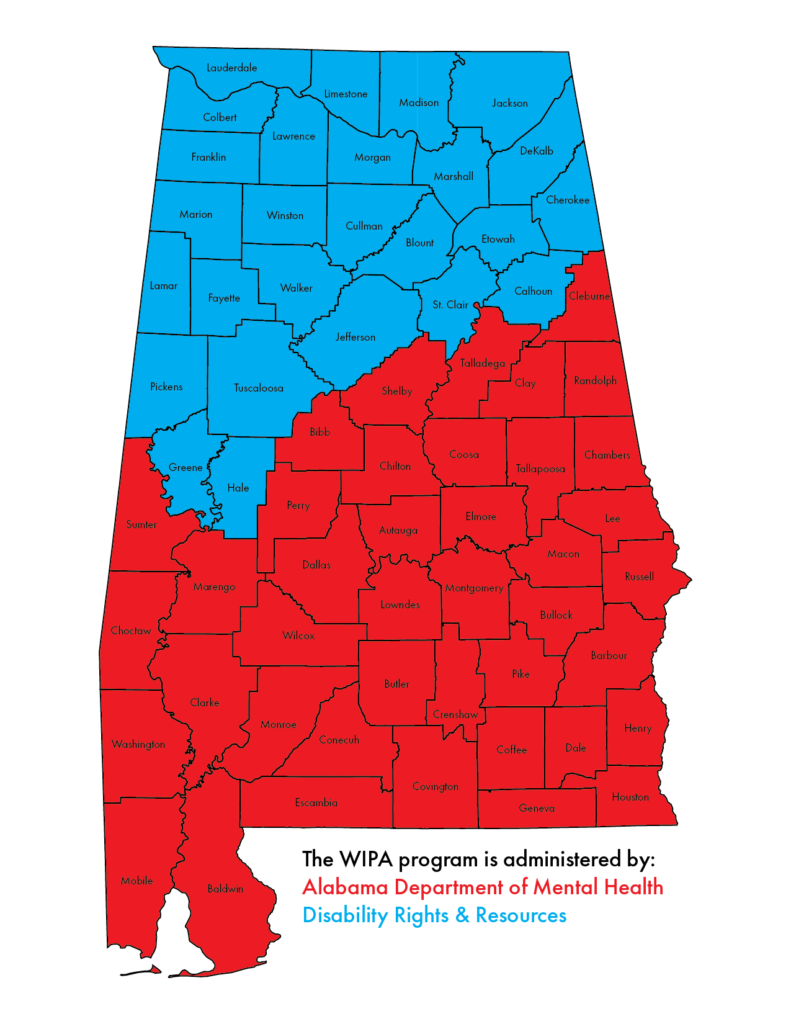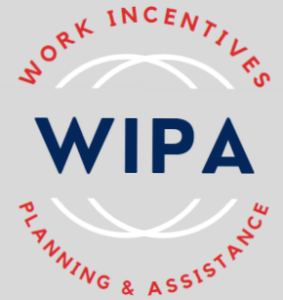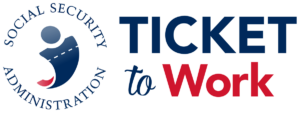The Alabama Department of Mental Health (ADMH) provides FREE benefits counseling services for recipients of Social Security Disability Insurance (SSDI) and Supplemental Security Income (SSI) through the Work Incentives Planning and Assistance program in southern Alabama.
Services
Do you have questions about how earned income could affect your SSDI, SSI, Medicare, Medicaid, or other public benefits?
- If you are working or have a job offer, you will be assigned to a Community Work Incentives Coordinator (CWIC) who can look at your specific situation and give you the answers to these questions.
- You will be given an individualized Benefits Summary and Analysis (BS&A) and other written documents to explain available work incentives and help you track your progress.
- You will be given information on required reporting including what, when, and to whom you should report so that you stay in good standing with these important agencies.
In addition, your CWIC can connect you to other agencies and service providers when needed – like Employment Networks, the Alabama Department of Rehabilitation Services, and local Career Centers.
Benefits counseling services through WIPA can provide long-term support related to work and disability benefits. Maintaining contact with your CWIC regarding your job status and earnings will allow for continued guidance based on your changing needs.
Eligibility
- Currently receiving disability benefits through the Social Security Administration (SSDI and/or SSI)
- Between the ages of 14 and 66 and have not yet reached full retirement age
Priority is given to those:
- already working
- job-offer pending
- transition youth between the ages of 14-18
How to Get Started?
If you would like general information about how work might affect your benefits, you can call the Ticket to Work Help Line at 1-866-968-7842 Monday through Friday from 8 a.m. - 8 p.m. If you use TTY services for people with hearing impairments, use 1-866-833-2967. If you are working or have a job offer, the Help Line can refer you directly for Work Incentives Planning and Assistance services. You may also email us directly at wipareferral.dmh@mh.alabama.gov.
Frequently Asked Questions
Work Incentives Planning and Assistance
It is possible! This depends on the type of benefit you get and how much you earn per month. Your CWIC will be able to answer this question when benefits counseling services begin (with verification of benefits and information on earnings).
Yes! In almost every case, you will be able to keep health insurance. Duration of coverage will depend on the type of benefit/healthcare you receive and on additional information related to your situation.
Work Incentives are rules that make it possible to work and still receive monthly SSDI/SSI payments in some cases, as well as Medicare and/or Medicaid. Work incentives are specific to the benefit you receive and other details about your situation. Your CWIC will explain and help you utilize any work incentives that may be beneficial in your return to work.
The Red Book is a Social Security publication that serves as a guide to these work incentives. You can download or print a copy of the latest edition at https://www.ssa.gov/redbook/.
Your CWIC will be able to assist you in reporting the appropriate information to Social Security. As long as you continue to meet Social Security’s definition of disability, you can have your benefits restarted through Expedited Reinstatement or through the reapplication process.
Alabama Department of Mental Health covers the following 41 counties in southern Alabama:
| Autauga | Coosa | Mobile |
| Baldwin | Covington | Monroe |
| Barbour | Crenshaw | Montgomery |
| Bibb | Dale | Perry |
| Bullock | Dallas | Pike |
| Butler | Elmore | Randolph |
| Chambers | Escambia | Russell |
| Chilton | Geneva | Shelby |
| Choctaw | Henry | Sumter |
| Clarke | Houston | Talladega |
| Clay | Lee | Tallapoosa |
| Cleburne | Lowndes | Washington |
| Coffee | Macon | Wilcox |
| Conecuh | Marengo |
Disability Rights & Resources covers the following 26 counties in northern Alabama:
| Blount | Greene | Marion |
| Calhoun | Hale | Marshall |
| Cherokee | Jackson | Morgan |
| Colbert | Jefferson | Pickens |
| Cullman | Lamar | St. Clair |
| DeKalb | Lauderdale | Tuscaloosa |
| Etowah | Lawrence | Walker |
| Fayette | Limestone | Winston |
| Franklin | Madison |
Contacting the Ticket to Work Help Line @ 1-866-968-7842 or 1-866-833-2967 (TTY) will route you to the correct WIPA covering your area.
You will be asked some questions to make sure you are eligible for services and interested in work. If you are considering employment, you will be given general information regarding the work incentives that will be available to you, and you will be asked to call back when you are working or have a job offer pending. If you are working, deciding about a current job offer, or are a transition-aged youth receiving benefits (between 14 and 18) your information will be sent to the ADMH Work Incentives Planning and Assistance program. You will receive a phone call and a packet of information/releases by mail (including a postage-paid return envelope). When we receive your signed releases, we will acquire a Benefits Planning
Query from Social Security with details about your benefits and work incentive usage. You will then be contacted by your CWIC and individualized services and assistance will begin.
You can find more information on the Social Security Administration’s Ticket to Work program at https://choosework.ssa.gov.
Mary Jane Dasher, WIPA Project Manager
256-366-7612



